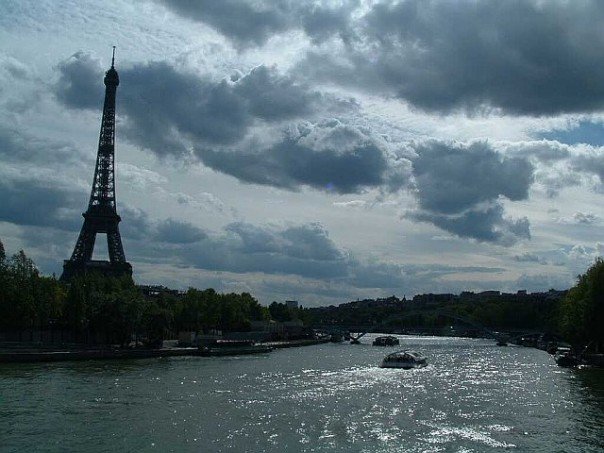More than half a decade ago (!), when I was living in Paris, I sang in a number of choirs. Like most adult extracurriculars, their real purpose was not to come together to pursue artistic/athletic excellence. They were simply convenient excuses for drinking. The post-practice pilgrimage to the bar was always at least as important as perfecting whatever Bach cantata we were working on.

Mascotte (view at right) was one of the favorite drinking spots. One evening, an older member of the group pulled me aside. He asked me why an eighteen year old like me was in Paris and not in university, what I was doing with my life, why I’d left the US. As usual, I didn’t have very convincing answers.
‘It’s interesting… I figured I should make some money before college… I have no idea what I want to do with my life…’
He didn’t respond for a second. Then ‘You’ – the way he said this implied an intimacy that seemed presumptuous at the time – ‘you’ll become an expatriate.’
Years later, when I read The Sun Also Rises, I had a sharp sense of déjà vu. What I remember of that conversation in Paris was eerily reminiscent of a conversation Hemingway stages between two of his main characters. This is hardly surprising – Paris breeds the type of people who will quote literature as if it were their own personal insight. In Hemingway’s words:
‘You – you may not know it now, but you’ve become an expatriate. Not just for a little bit, but maybe for life. First you’ll lose touch with the soil. Then you’ll get precious because fake European standards will ruin you. You’ll drink yourself to death and become obsessed by sex. You’ll spend all your time talking, not working…’
And he saved the direst prediction for last: ‘You’ll hang around in cafes.’
I can safely report, on the eve of my one-year anniversary of being a full-time expatriate, that only one of these predictions has come true (IMHO). I write this from a cafe – where I am neither drinking nor talking, but working, or was until I took a break to write this.
Hemingway, I discovered recently, was not the only member of the American Literary Canon to have less-than-pleasant things to say about expatriate life. Truman Capote is less predictive and more judgmental:
‘Among the planet’s most pathetic tribes, sadder than a huddle of homeless Eskimos starving through a winter night seven months long, are those Americans who elect, out of vanity, or for supposedly aesthetic reasons, or because of sexual or financial problems, to make a career of expatriation.’

Some of my favorite expats on a recent boat trip. Not so sad.
The quote, from Answered Prayers, aka the novel that earned Capote a top space on the list of Literature’s Bitchiest, is predictably hypocritical. Capote spent years living as an expat before returning to New York to die an untimely death brought on by drink (proving Hemingway’s quote might have a little bit more to it).
The fact that I am neither a literary genius nor a member of the bonne monde probably has something to do with the fact that neither of these descriptions of expatriate life mirror mine. Great books will never be written about my exploits. On the other hand, at least I make enough money to pay my own bills.
So, back to working in cafes. One of the great miracles of modern life, up there with genetic engineering and the near-worldwide availability of Chilean Malbecs, must be the ability to work remotely. With my Outlook files backed up on a custom work-tailored gmail account, my documents stored safely in Dropbox, and access to my company’s archives through our FTP server, I can work anywhere that has a decent internet connection. Which doesn’t happen to include my apartment, where I can only get internet if I hover, creepily, outside my landlady’s door to piggyback on her wireless (an action she sanctions, and charges me for).
Of course there are benefits to being in the office, and I am most of the time. However, on days like today – when a precious Indian summer is providing a break from the dreadful Black Sea winter weather which seems to have prematurely set in – heading to the eleventh floor of a skyscraper just doesn’t appeal.

The flexibility to work anywhere my company is active – Europe, Asia, Africa, the Middle East, and the Bahamas (?) – and my ongoing like-but-not-love affair with Istanbul (Chilean Malbecs present, but unnecessarily pricey) are combining to convince me that my days in this city may well be drawing to a close. Not before January, or likely even June, but I’m beginning to explore my options. These don’t, at the moment, include a return to the US. So, as I close my first full year of being an expatriate, it looks like it won’t be my last.
Go ahead and tell me this makes me more pathetic than a huddle of homeless Eskimos starving through a winter night seven months long. I won’t believe you. I think I’m right where I belong looking for where I belong.
